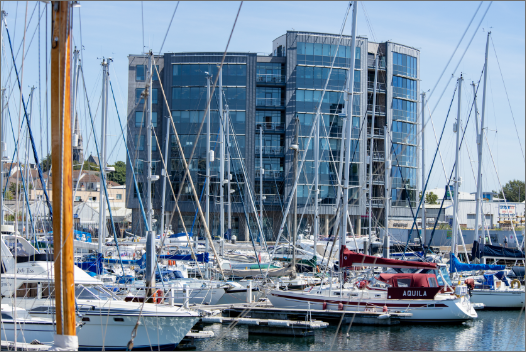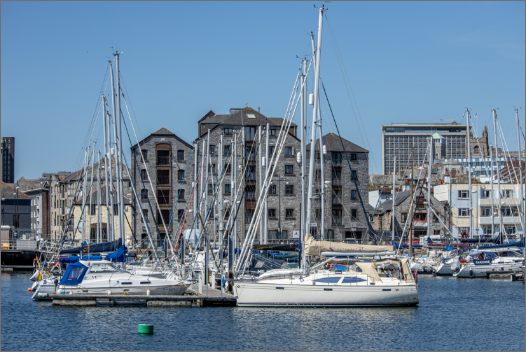Whether you’re an experienced sailor or new to boating, there are lots of considerations for boat owners when it comes to insuring your vessel. Here’s a lowdown of some of the basics and most common boat insurance queries…
Why do you need boat insurance?
Whilst it’s not a legal requirement for boats on most waters, having appropriate cover is a good idea! Marine mortgage companies also insist on insurance as part of their lending process. It’s a great way of protecting your capital investment against loss or damage which could result in a large, costly repair if the worst was to happen. Also, having adequate boat insurance can help to protect you against any third party liability for injury or damage caused by your boat. Third party liability is usually the most frequent claim received when it comes to boat insurance.
What does boat insurance tend to include?
Physical damage covered by your boat insurance will usually include equipment such as hull, sails, machinery, furnishings, on-board equipment and potentially the trailer.
Standard cover usually includes…
- Accidental damage – including fire, theft and malicious damage, sinking, stranding, collisions and salvage costs.
- Damage to engines
- Transit risks (up to a specified length)
- Lifting and launching risks
- Loss or damage caused by latent defects
- Frost
- Personal effects
Damage to the mast and rigging whilst racing can be purchased for an additional premium and third party protection covers you and authorised persons using your boat, from claims made by third parties for death or injury or damage to third party property for which you may become legally liable.
What can make a difference to the premium?
From a small dinghy to a large super-yacht or personal leisure boat, every type of boat presents a different level of risk. Just like cars, boats are usually categorised according to their type and risk.
For example, a Sunseeker with powerful engines that costs millions will be far more expensive to insure than a smaller, much less powerful boat. A yacht will also have a different risk assessment than a dinghy or jet-ski – insurers factor in the type of boat and any potential repair bills before calculating the premium. The actual size of the boat isn’t as important as the value, how easily it could be stolen and the potential for damage.
If your boat is trailer-able and spends a lot of time safely on your drive, you’ll probably pay a different premium than if it was stored at a marina. The area in which you keep your boat will have an influence on the premium you will pay, and you may have restrictions on cover that are subject to local weather conditions.
The experience of the boat owner and the type of use i.e. private use, charter or racing boat as well as any previous claims will be taken into consideration when calculating the premium.

What type of features should you look out for in your boat insurance policy?
While the level of premium is important, it shouldn’t be the deciding factor; you should always weigh up the balance between costs and benefits. All policies are different, so make sure you choose the right one for your needs, assess the most expensive parts of your boat and check that your policy provides cover for these, as well as what deductions may apply if you did claim.
Check if any replacement costs are issued on a new-for-old basis. Look out for exclusions in your policy, check the wording very carefully and ensure the policy covers any cruising grounds you wish to sail in to. Lastly, make sure the insurer is authorised and approved by the regulatory body of the country in which they are based.
What isn’t covered on a standard boat insurance policy?
The following tend to not be included…
- Damage caused by wear and tear
- Wilful misconduct
- Loss of value due to age of boat
- Losses caused by corrosion osmosis
- Mast, spars and sails whilst racing unless the policy has been extended
- Damage to machinery following a breakdown
- Theft (unless the right security devices or locks are fitted)
- The policy excess relating to damage caused by you and also on any third party claims.
Where should you purchase your boat insurance policy?
You should consider purchasing your cover from a specialist insurance broker, as they will advise you on the right cover and use their influence in the market to help you arrange a policy to meet your needs. They may also be able to offer you enhanced terms, like lower excesses, greater policy benefits and wider cover. You can also get cover directly from the insurer, but remember they will only be offering you benefits of their own cover and not other markets.
Buying online is a popular choice, as it’s good for comparison as well as being easy to purchase, but do make sure you double check all the cover details. Ensure you review any potential policy in lots of detail before you commit to purchase, analyse every possible scenario so you get the right cover and can have peace of mind.























